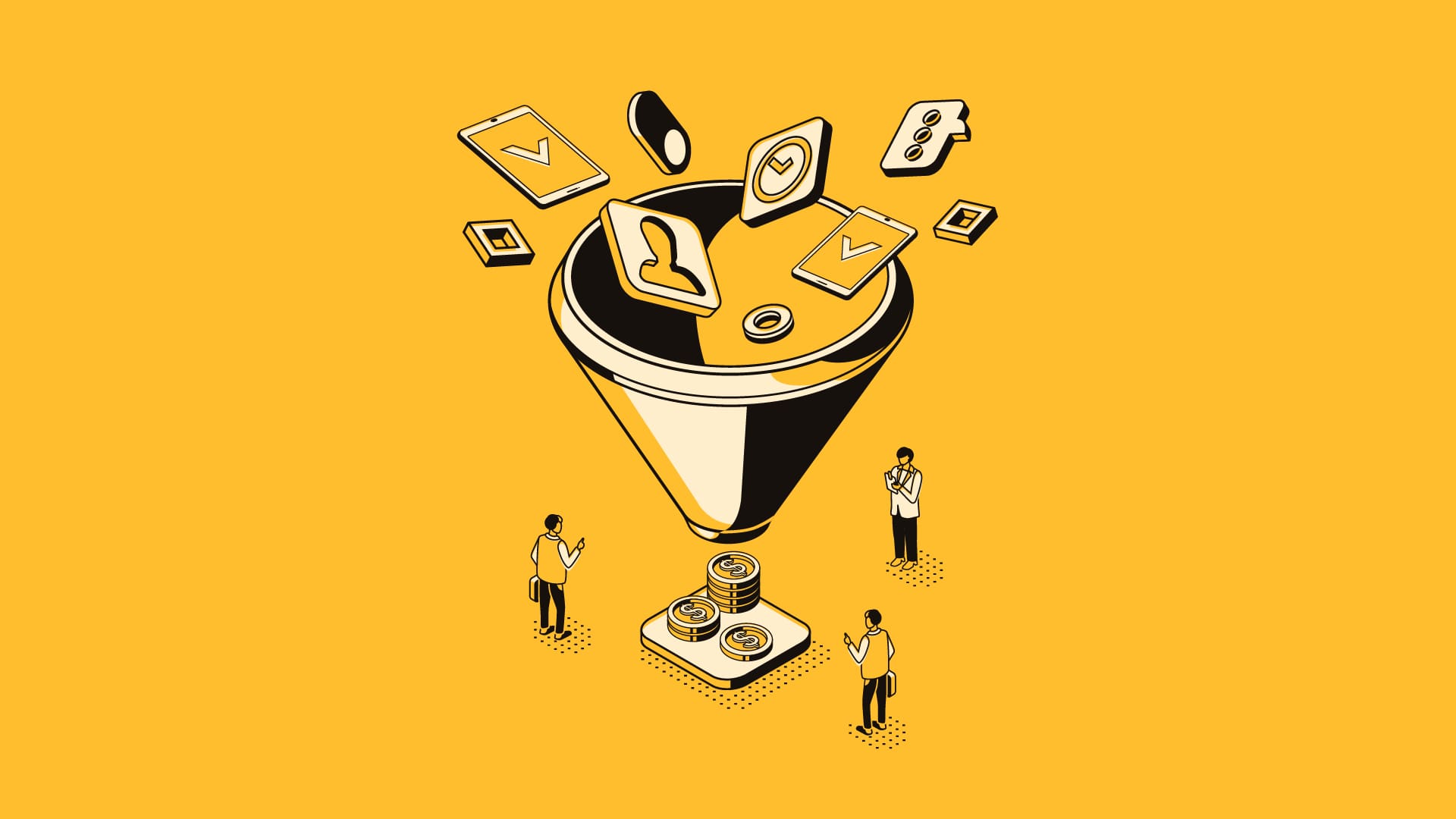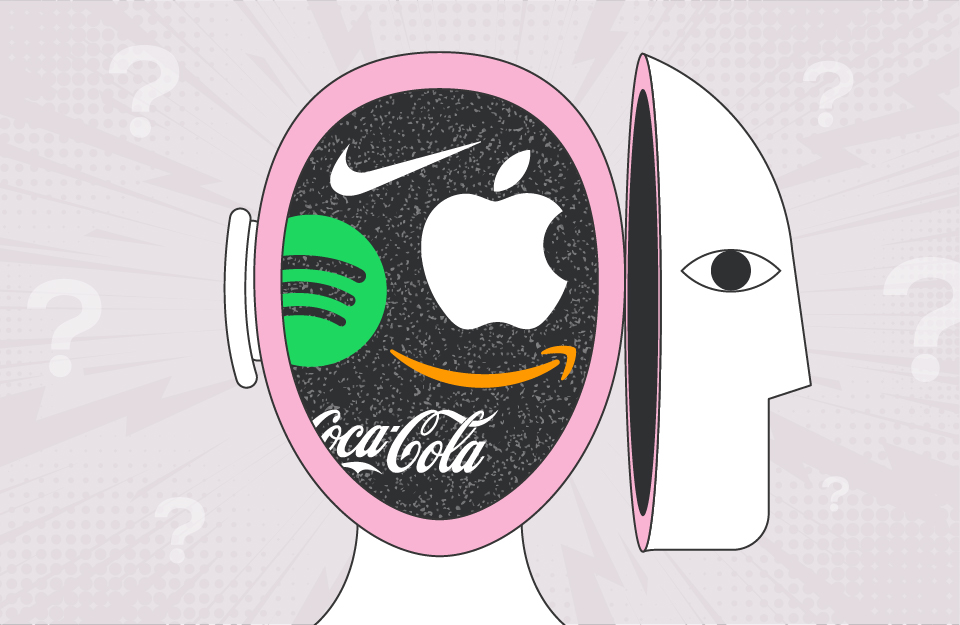Awhile back, we wrote about what marketing is. Here’s the simple definition the dictionary uses:
“an organised course of action to promote and sell a product or service.”
A digital marketing definition looks the same, with the added caveat that it’s exclusively online. It encompasses everything from your website, to your social media channels, to the emails you send your clients and more. But despite the fact that internet use is rapidly accelerating, some businesses are still reluctant to go digital (don’t let that be you!). So let’s take a look at the advantages.
The advantages of digital marketing
There’s plenty of stats that prove the effectiveness of digital marketing.
It’s helped one of our clients attain a monumental 650% increase in monthly website users, as well as contributing an equally mouth-watering $15 million in monthly leads.
That’s at the top end of the scale.
For another client in a different industry, digital marketing was one component of a strategy that drove a whopping 18% sales boost. And because it’s fully trackable, Elastic can report back on what works (and what doesn’t!) so you know how to best proceed in the future.
As you can see, when it’s done right, digital marketing is a powerful tool to grow your business.
The great thing about digital marketing is that it fits into the sales funnel wherever you need a boost, whether you’re looking for more feet in the door or more online sales. Here’s a list of a few more benefits you can expect by implementing an effective digital marketing strategy:
- Increased brand awareness
- More website visitors
- Expanded brand reach
- Increased leads
- Improved sales
- Improved customer experience
- Increased customer retention
If you’d ever asked yourself “why is digital marketing important to businesses?”, hopefully that answers your question.
Of course, in order to reap all of those benefits, you’ll need to make sure you’re using the right types of digital marketing to suit your business and your audience. Let’s take a look at that next.
Types of digital marketing
Digital marketing covers every form of marketing that happens on the web, and there’s literally hundreds of different types. Don’t be overwhelmed, though—Elastic exists to help you market your business expertly and easily.
Let’s take a look at some of the basic types of digital marketing—the ones you definitely need in order to drive a 360-degree success story.
SEO (Search Engine Optimisation)
Priming your website to rank highly on google. A fast, responsive website with keyword rich content is a minimum requirement. But there’s also other considerations like backlinks, metadata, social shares and user experience.
Organic Social Media
The everyday content you post on your social channels for free. Focus on providing interesting, engaging content and keep the salesy stuff to a minimum.
Paid Social Media
The social media content you pay to promote. Paid social allows you to make use of data insights to target specific, relevant audiences. Check out our social media mythbusting article to learn more about the benefits of paid social.
Google Ads
The sponsored ads you see at the top of search results. Unlike SEO, Google Ads are entirely keyword driven. For the best results, make sure to do thorough keyword research.
Email Marketing
Keeping your clients up to date on company news, your latest blog posts, new products, discounts, sales and offers through email. Stats show email marketing could provide a 3800% return on investment.
Content Marketing
The content you provide to your audience. Includes blog posts, infographics, podcasts, videos and more. Similar to organic social, this content doesn’t usually feature an aggressive sales message.
It’s important to remember that the channels you use will depend on the type of audience you’re trying to reach. So make sure to conduct accurate market research to establish what platforms your audience is using. After all, there’s no point posting to Instagram 3 times a day if your audience isn’t actively using it.
Don’t fall into the trap of thinking you can skip this step and rely on your good old-fashioned intuition. Market research will often surprise you. For instance, if your audience is in the 65+ age range, you might assume you don’t need to bother with social media. But stats show that 62% of people over 65 use Facebook.
By not leveraging the platform, you could seriously limit your brand’s overall reach—a mistake your competitors aren’t likely to make. Not sure where to begin researching what your competitors are doing, what your target audience is doing and what you should be doing? Let Elastic’s team of experts help! We work with you to understand who your audience is and then create a 360-degree digital strategy that drives results for your brand.
Now that you’ve done your market research and identified the channels your audience is using, it’s time to put it all together with a digital marketing strategy. If you’re keen to find out how Elastic can take your brand to the next level, be sure to check out Part II!




